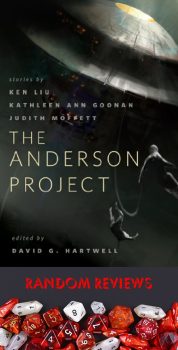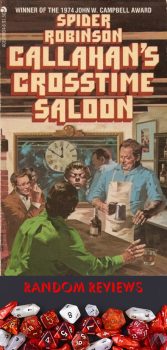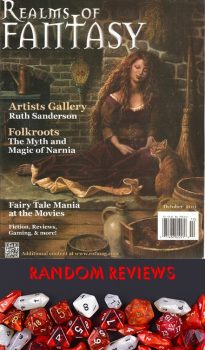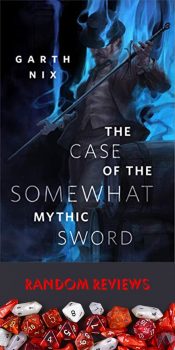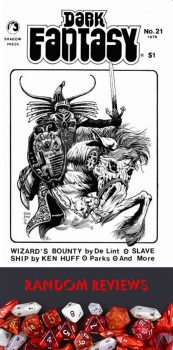Random Reviews: “The Box” by Bruce Coville
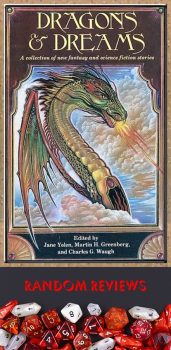
Because I’ve been asked about the process by which I’ve been selecting stories for the Random Review series, I thought I’d take a moment to explain how the stories are selected.
I have a database of approximately 42,000 short stories that I own sorted by story title. When it comes time for me to select a story to review as part of this series, I roll several dice (mostly ten sided) to determine which story should be read. I cross reference the numbers that come up on the die with the database to see what story I’ll be reviewing. This week, I rolled 4,023 which turned out to be Bruce Coville’s short story “The Box.”
One of the things I’m hoping to get out of this series, from a personal point of view, is to discover authors and short stories that I’ve owned and have never read. Of course, I’m also hoping to share those discoveries, good or bad, with the readers of Black Gate.
“The Box” refers to a gift an angel has given to Michael when he was a young boy. The box wasn’t a gift, but rather a duty, for Michael was told to take good care of the box until the angel returned to retrieve it. Holding onto the box shaped his life from the time he received it through school, dating, work, and into old age.

